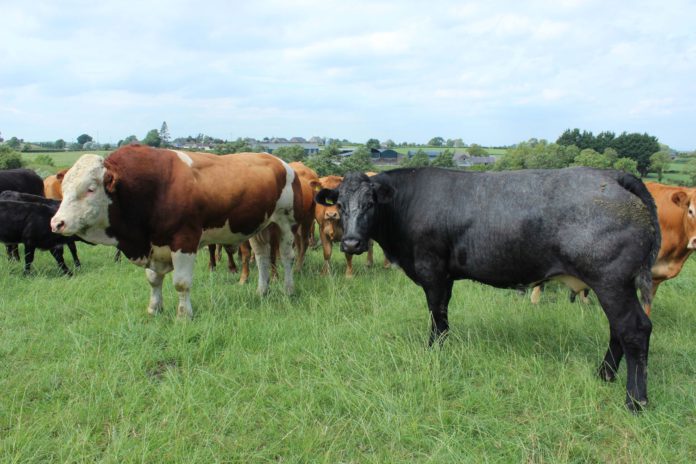In this article, Dan Yates, founder of Pitchup.com, reveals findings of an online survey, which has unearthed some of the funniest questions farmers are asked.
A recent social media survey of UK farmers has revealed some of the strangest and funniest things they have been asked by members of the public about what they do.
And whereas there is no such thing as a stupid question, especially from someone who lacks a fundamental knowledge of a subject, some of the questions have left farmers bemused, and others led to howls of laughter.
More seriously, however, the survey casts a light on how far removed some members of the public are from where their food comes from, the importance of a buoyant farming sector, and how rural communities function.
Replies
So, here is a selection of some of the best comments and questions from the hundreds of replies the survey received.
- At a sheep show, one farmer was approached by a woman who asked: “Where do sheep live before they are captured and taken to live on a farm?”
The farmer asked if she meant before they were domesticated.
“No, I mean, where are they born before they are caught?” came the answer.
- One question that several farmers reported being asked was, “do cockerels lay eggs?” with one even having been asked, “do cockerels lay duck eggs?”
- Another accusation farmers seem to face often is that of being rich. One farmer who took part in the survey was told by a member of the public, “all farmers are rich, and high food prices are because they are greedy”.
- Many people fail to understand the costs of farming, as this comment clearly shows. “Rearing farm animals is free as they just eat grass, so the animal is 100% profit.”
- “There must be five babies in that udder” is a favourite from a dairy farmer who took part in the survey.
Other animal-based questions and comments include:
- How many times can you harvest beef from a cow?
- What type of cow produces semi-skimmed milk?
- Are the numbers sprayed onto lambs the order in which they will be killed?
- Do pigs make cheese?
- They are dairy cows, so why is there a bull?
- Do you feed cows beef, you know, like leftovers you give dogs?
- One farmer overheard a couple of ramblers discussing why his ewes had coloured paint on their backs. “The farmer will not be happy; someone has done graffiti on them sheep,” said one. But the other had a different idea. “It is to stop anyone stealing the wool.”
- Eggs are classed as dairy, right?
- What happens if you forget to milk your cows? Do they explode?
- “Is that fence really electric?” one walker asked a farmer while reading the warning sign. “Yes,” the farmer answered. “Is that not illegal?” the walker replied.
What farmers actually do
The popularity of farm-based staycations was certainly on the rise, but there are clearly still a lot of misconceptions about what farmers actually do.
More and more people are discovering the joy of staying on a working farm, and for many, this is as much a learning experience as it is a holiday.
In many ways, it is a great opportunity for the farming community to engage with a captive audience and show and tell them first-hand how food is produced.
Farmers are the best ambassadors for what they do, and farm-based caravan and campsites provide a great platform from which to inform and educate visitors.
Having a greater understanding of farming and the working countryside often leads to a more enjoyable and rewarding holiday, meaning people who book on farm-based campsites are more likely to return year after year.
See more farming news on That’s Farming





